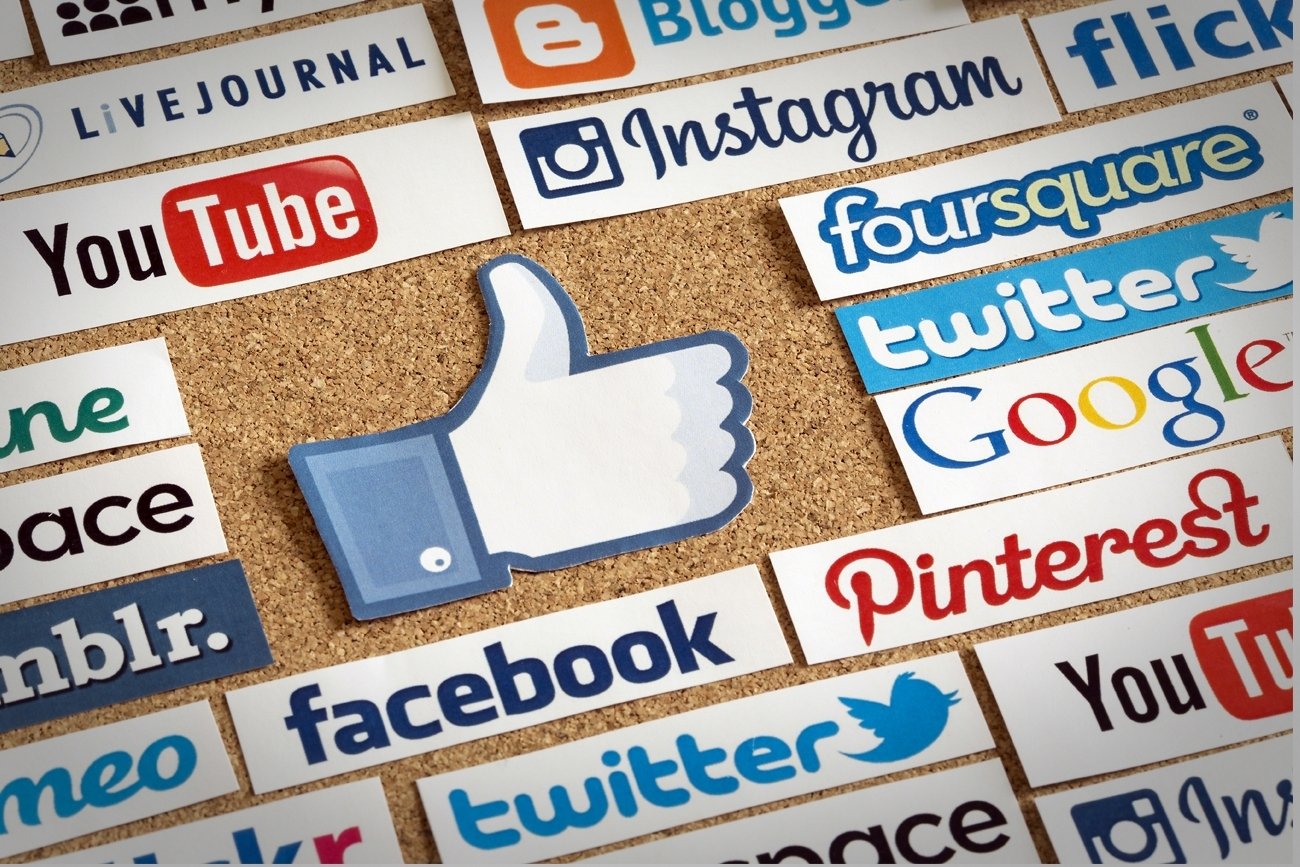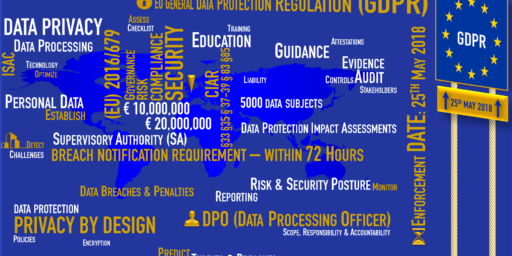Facebook Algorithm Change Kills ‘Little Things’
A recent change to the way the social media giant selects articles readers see first has crushed a web magazine.
A recent change to the way Facebook selects articles readers see first has crushed a web magazine.
Business Insider (“Facebook’s algorithm has wiped out a once flourishing digital publisher“):
The media industry’s worst fears about Facebook’s huge algorithm tweak are coming true.
The women-focused publisher LittleThings is shutting its doors, in large part because of Facebook’s recent move, the company’s CEO, Joe Speiser, told Business Insider.
[…]
LittleThings focused on a mix of feel-good news and service content along the lines of Valentine’s Day dinner recipes. The company also produced a regular slate of live video content on Facebook, even featuring celebrity guests.
Since launching in 2014, LittleThings had amassed over 12 million Facebook followers, and its videos regularly generated thousands, if not millions, of views.
But Speiser said the recent algorithm shift, which Facebook has said was designed to tamp down content that is consumed passively — and would instead emphasize posts from people’s friends and family — took out roughly 75% of LittleThings’ organic traffic while hammering its profit margins.
A January 13 BI report, linked above, predicted this:
In the coming months, Facebook’s algorithm will no longer prioritize content from news publishers and brands. Instead, you’re more likely to see posts from people you’re connected to that will drive engagement through comments and discussion, not shares and likes.
The result? More stuff in your feed from mom, dad, and your close friends, and fewer whacky videos, news articles, and memes. It’s not just Facebook’s attempt to end its fake news problem. It’s Facebook’s attempt to erase practically all news from the feed to give users a sense of community, not outrage and clickbait.
That new position is going to be a nightmare for a lot of digital media companies that have grown to rely on Facebook’s News Feed to drive readers to their sites. There’s a growing list of media companies that have been forced to drastically change strategy as a result of their reliance on the company’s repeatedly changing algorithm, and this will likely be the final straw for many of them.
Mic, Mashable, Bored Panda, and so many other publishers have built most of their business around the content favored by Facebook’s ever-changing algorithm. First it was news articles with click-bait headlines. Then it was meaningful content that provided relevant information. Then it was video.
But Facebook’s sweeping change on Thursday means none of that content will be able to break through. There’s no longer a preferred format. If you’re a publisher or brand on Facebook, you’re hosed. What was already going to be a very challenging 2018 for many online publishers will end with a graveyard full of outlets killed by Facebook’s decision.
Considering that content physically shared by friends and family was what got most people to join Facebook to begin with, the algorithm change was likely a welcome relief to most users. And, so long as Facebook isn’t discriminating on the basis of viewpoint, it has no obligation whatsoever to companies that are trying to leverage its platform to spread their content.
Still, this shows the enormous power Facebook, Twitter, Google, and a handful of others sites have over the rest of the online world. Constant changes in Google’s algorithm have certainly impacted OTB over the years and we’re simply at their mercy. That’s highly problematic but there’s no obvious solution.







This landscape is changing so fast it’s hard to keep up. A few years back Facebook decided they were going to be the world’s news feed. They started promoting articles from various news sources. Clicking on them took you to a Facebook pop up, not to the actual content provider. All advertising revenue went to Facebook. A year or two of threatened lawsuits resulted in the major providers feeling they had no choice but to play by Facebook’s rules and accept a pittance for their work. The little guys got less but they were not really news sources anyway, mostly just idiots on the Internet, so their costs were low. Then about 1-2 years ago Facebook said it was all about video. With video you could force the consumer to watch an ad before they got their content so video would save media. (I’m sure we all noticed these really annoying video segments that have popped up recently. Gizmodo sticks them randomly inline other articles and the WP has these bizarre 90 sec ones that literally just repeat a few sentences from the article while they scroll through a few photos via the Ken Burns effect.) And now Facebook says “Hey, just kidding about that too.”
Honestly, the idea that Facebook was going to become THE publisher, without generating, editing or fact checking the content themselves and just letting a trend-bot pick what leads was always ludicrous. If you want real news someone has to pay for the salaries, travel costs and overhead to pay for it.
Half of my FB experience is blocking articles. I usually try to permanently block the sites that generate the over-the-top content. While ‘right wing’ sites always have the option “block all content from XXXX?”, I never see the same option from ‘left wing’ sites. Those have to be blocked individually.
If you’re a “publisher” on Facebook, you’re not a publisher. If a change in the Facebook algorithm hoses your brand, its not much of a brand.